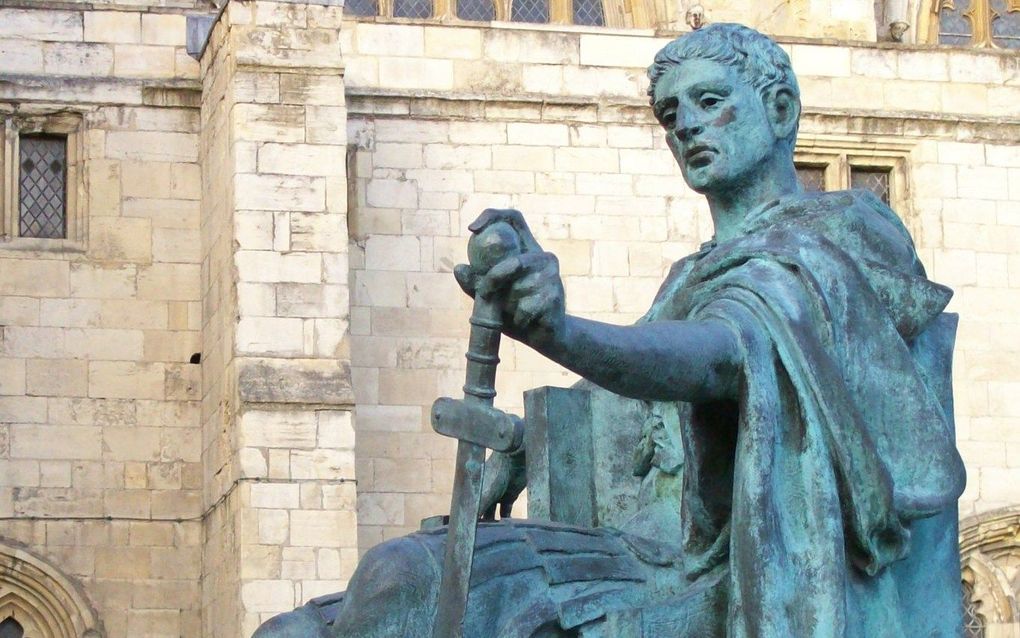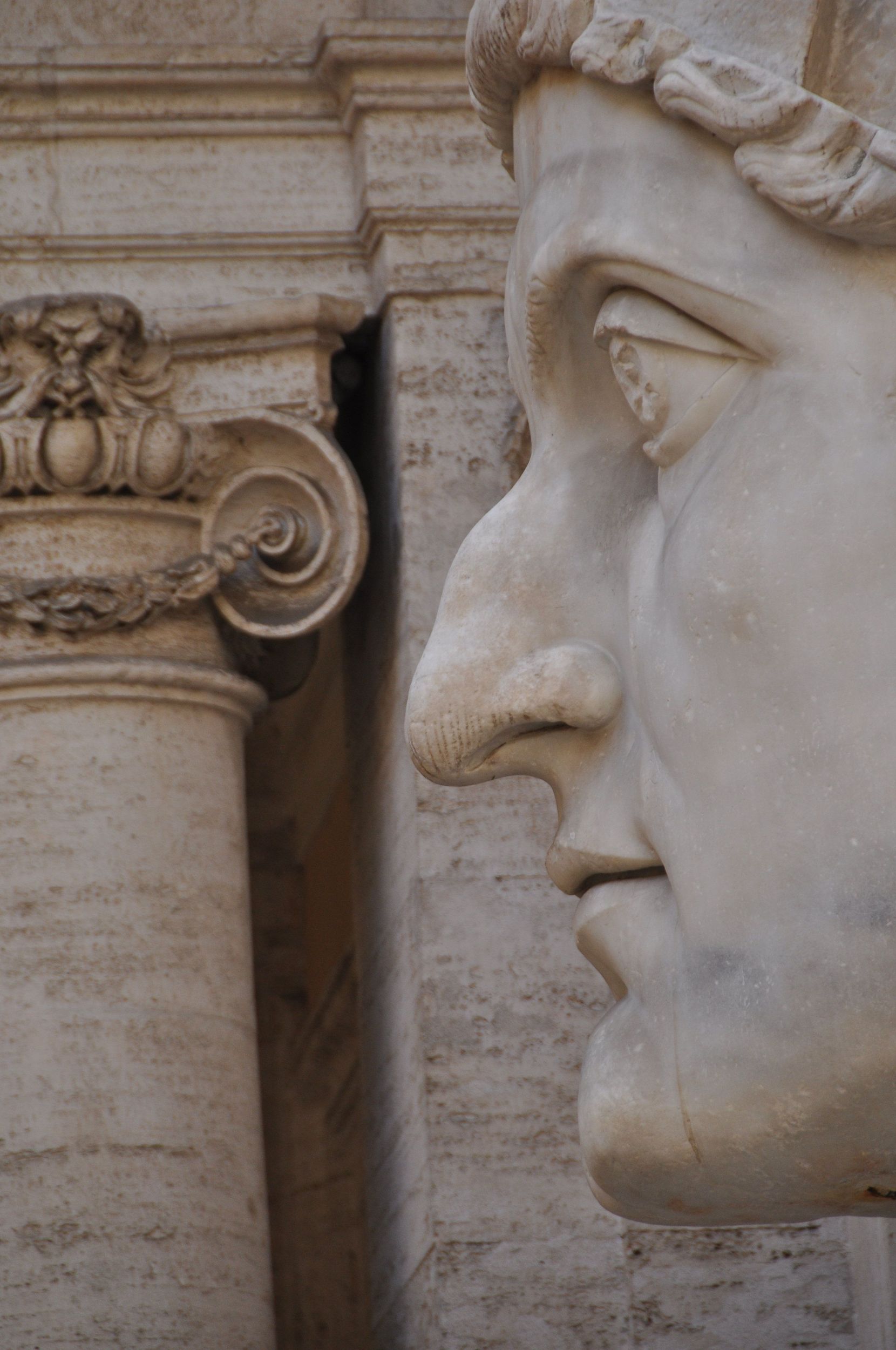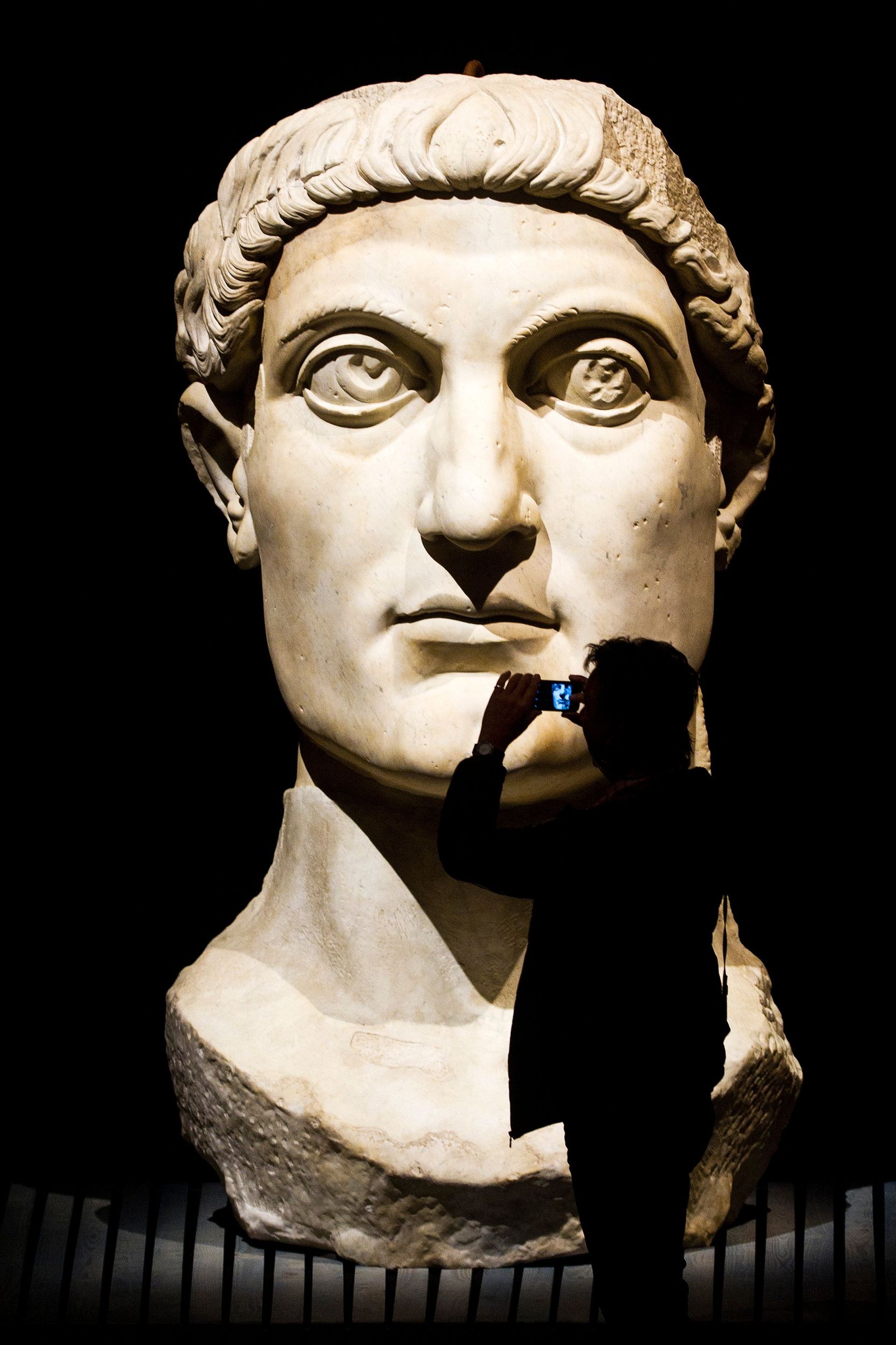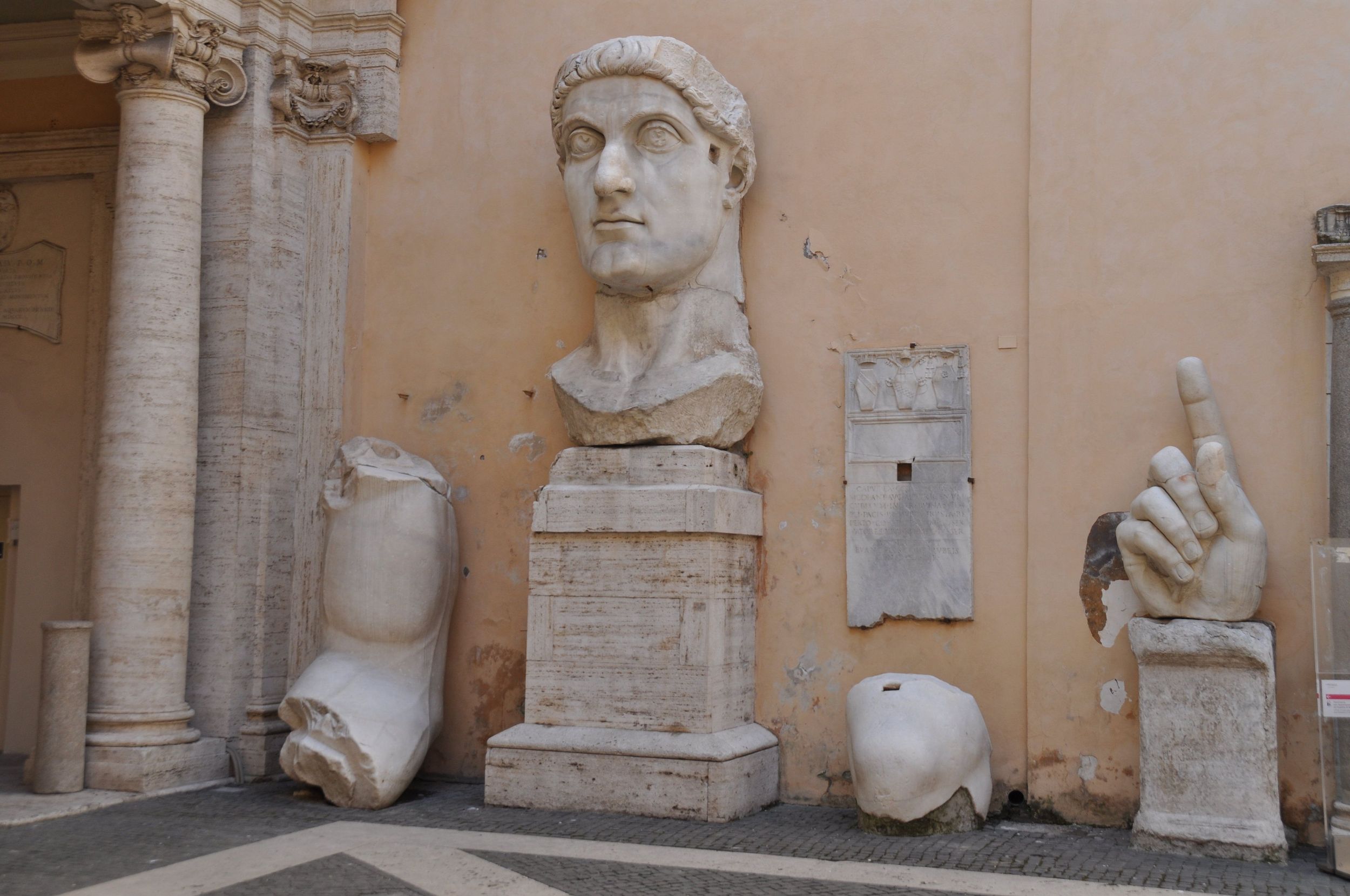Celebrating Sunday: 1700 years as day of rest
Anniversary for Sunday. The Roman emperor Constantine the Great issued a Sunday edict on March 7th of 321 - exactly 1,700 years ago. In that law, the emperor determined that Sunday would henceforth be the official day of rest. Four questions and answers.

What is in that document?
Constantine the Great was the first Christian emperor of the Roman Empire. In this decision, in March 321, he stipulated: “Let the magistrates and inhabitants of the cities rest on the first day of the sun, and let all workshops be closed.” However, for the people in the countryside, Constantine made an exception: “All those engaged in agriculture may practice their labour freely and lawfully since it often happens that another day is not suitable for sowing or planting vines.” This proclamation was followed by further decrees regulating resting on “the day of the sun”.

Constantine wished to distinguish Sunday or “the Lord’s day” from the other days. This applied to everyone in the empire. It was a day for prayer and worship.
Was it that moment that Christians started holding meetings on Sundays?
No, Christians were used to having a weekly worship service on that day since the first century. Jewish Christians went to the synagogue on the Sabbath (Saturday) until they were no longer welcome there. After the Sabbath celebration in the synagogue, they would gather to break bread and pray (Acts 2:42). Possibly this happened after the sunset of the Sabbath. According to Jewish tradition, the new day had then begun.

The Bible speaks about the first day of the week as “the Lord’s day” in Revelation 1:10 for the first time. In Acts 20, we read of an early Christian meeting “on the first day of the week.” The first of the seven-day Jewish week was a special day for Christians from the beginning.
What did Christians do during their meetings?
We don’t know how the worship services exactly looked like during the first centuries. In any case, Christians celebrated Holy Communion, prayed together, sang psalms and hymns and read from the Scriptures, which were then explained and preached.

What did Sundays look like after Constantine’s edict?
Christians were given more and more space to devote Sunday entirely to the service of the Lord. Later edicts emphasised the practice of works of mercy. A decree of the year 386 expressly provided that no public entertainments were to be held on Sundays, lest anyone should be diverted from Christian worship. Also, the keeping of Sundays was increasingly associated with the fourth commandment: “Remember the Sabbath day and sanctify it.”
This article was previously published in the Dutch daily Reformatorisch Dagblad on March 6th 2021.